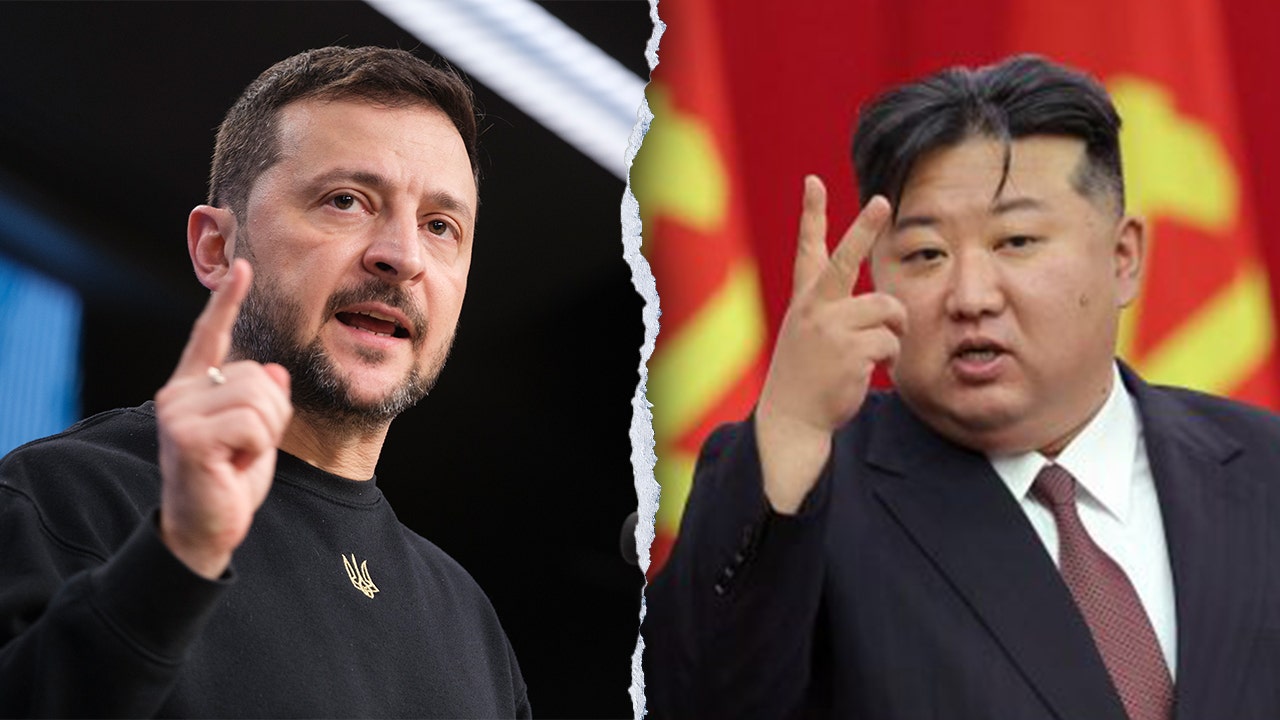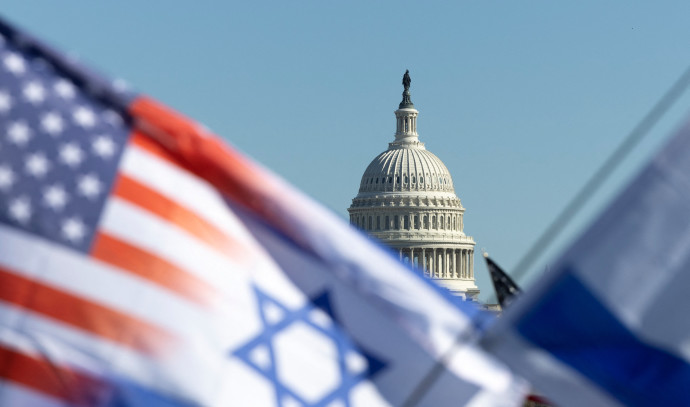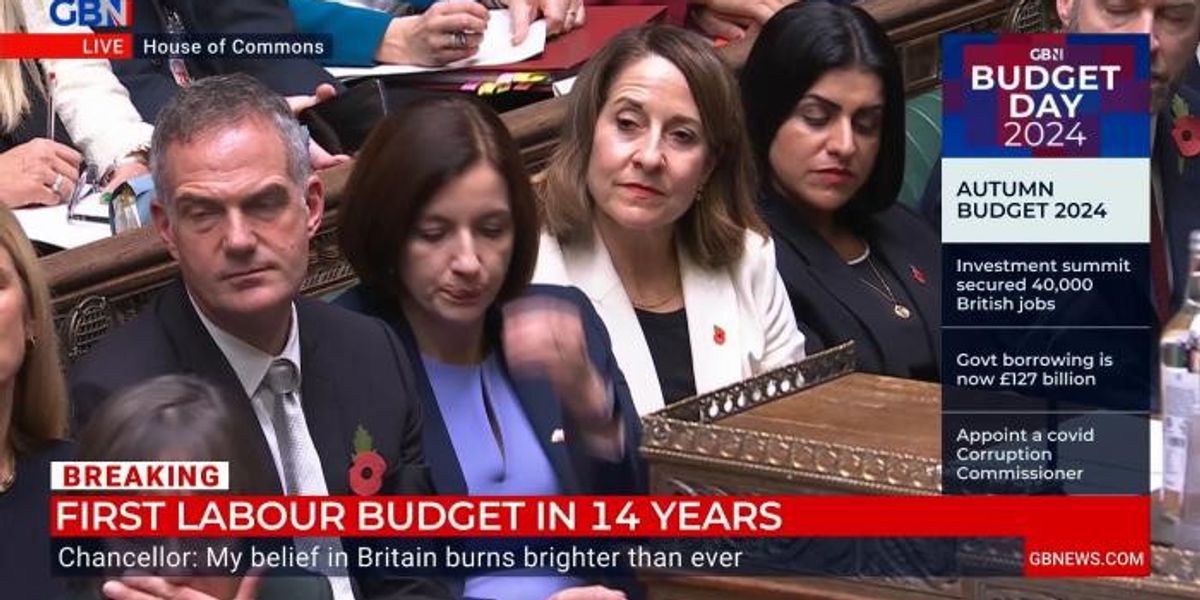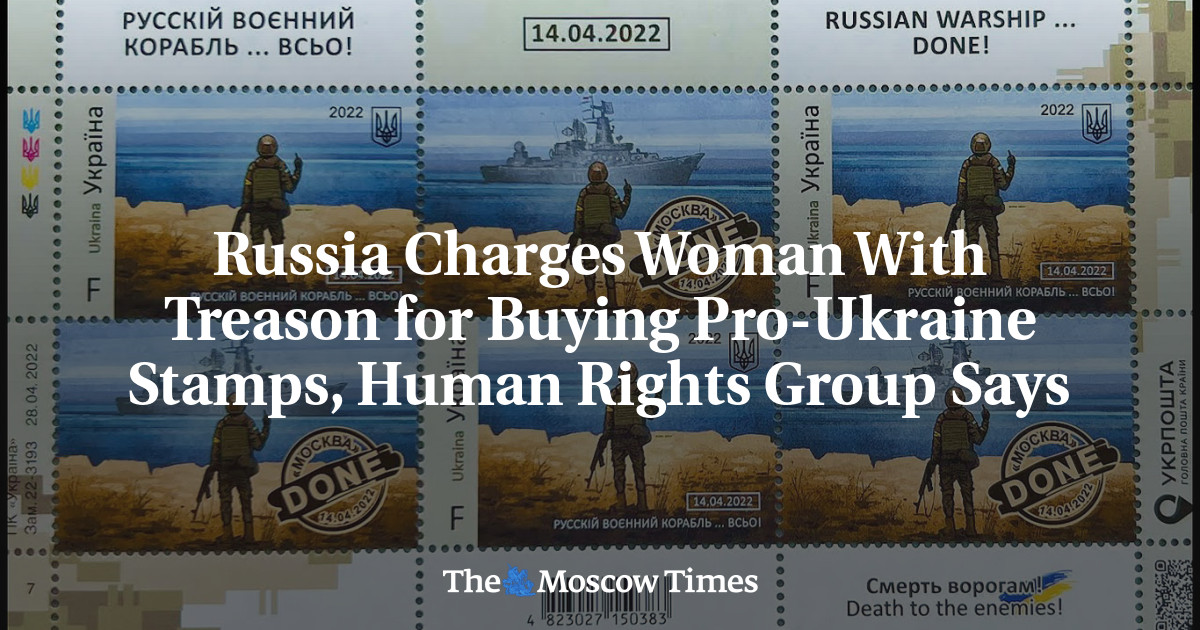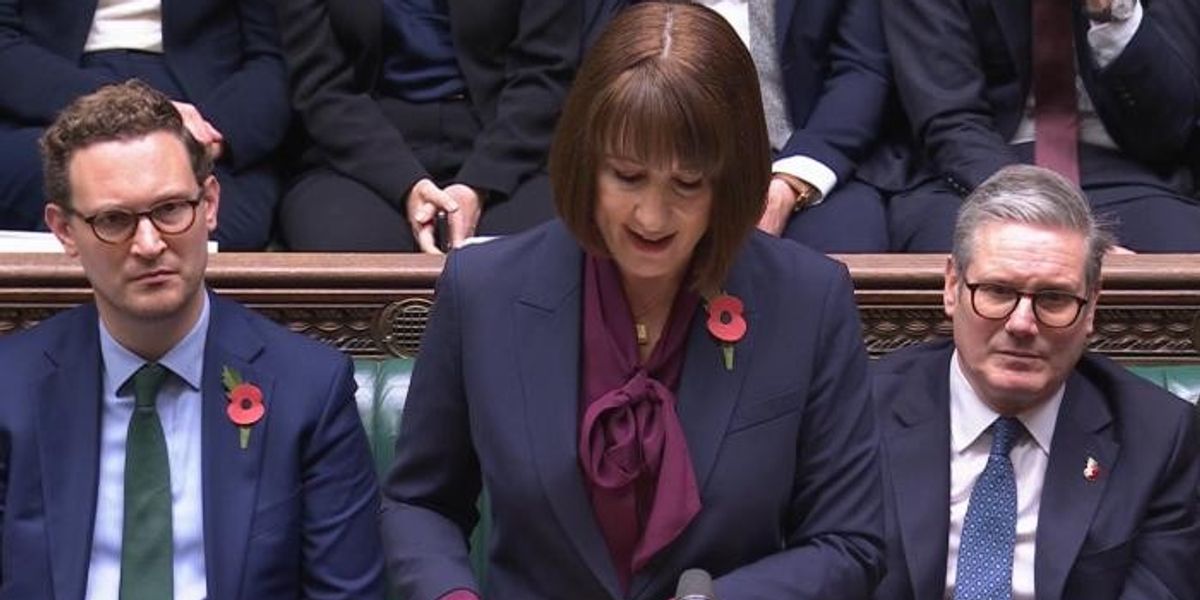As Americans turn out to vote in the 2024 presidential election, unfounded claims of voter fraud and alleged loopholes in the voting system once again gain traction on social media.
A wave of viral posts assert that noncitizens are casting a ballot, implying that US voting laws are too lax to prevent this.
Here's what the posts allege, and the truth behind them.
Claim: Noncitizens can cross the border and vote in the US.
"I am German, but since voting in America doesn't require an ID, I made a road trip and voted a total of 86 times in several swing states," reads a post on X, formerly Twitter. The post, viewed about 4.5 million times between November 2 and polling day on November 5 includes an image of a ballot marked for Kamala Harris and Tim Walz from the Democratic Party for president and vice president.
 Some users suggest this viral post is a joke, but thousands have shared it with serious comments, fueling doubts about U.S. election integrityImage: X
Some users suggest this viral post is a joke, but thousands have shared it with serious comments, fueling doubts about U.S. election integrityImage: XDW Fact check: False.
A reverse image search shows that the photo is actually a modified version of a photo taken by Jon Elswick for the Associated Press in September 2024.
This isn't the only post making such claims. Another viral post on X reads, "I am Canadian, but the USA doesn’t require voter ID, so I figured I would drive across the border and vote". The post, viewed more than 13 million times, includes a photo of a ballot marked for Republican candidate Donald Trump. A reverse image search revealed that this image was initially posted by Ashley Munoz, a registered US voter in Florida, who shared it on X on October 13, 2024, to document her own voting experience.
 This photo, shared with claims that US laws don't require ID and that noncitizen Canadians can vote, actually belongs to a US citizenImage: X
This photo, shared with claims that US laws don't require ID and that noncitizen Canadians can vote, actually belongs to a US citizenImage: XThis post is not the only instance of similar unfounded claims that noncitizens, including Canadian visitors, can easily vote in US elections. Prominent figures like former President Donald Trump and X owner Elon Musk have promoted similar theories, suggesting that undocumented migrants are being allowed into the US to vote. However, such claims are not backed up by those making them.
Do US voting stations require ID?
US voter ID laws vary by state. Thirty-six states have specific voter ID requirements, meaning voters must present some form of identification, such as a driver's license, state ID, a passport or even documents without photos like a birth certificate or Social Security card in some cases. Voter registration cards are optional but can serve as ID at the polls.
 States routinely cross-check their voter registration lists with national databases to eliminate ineligible registrationsImage: Sue Dorfman/ZUMA Press/IMAGO
States routinely cross-check their voter registration lists with national databases to eliminate ineligible registrationsImage: Sue Dorfman/ZUMA Press/IMAGOCan noncitizens legally vote in US elections?
No. Federal law strictly prohibits noncitizens from voting in US presidential elections. Having said that, a few states do allow noncitizen residents to participate in certain local votes.
Under the Illegal Immigration Reform and Immigrant Responsibility Act of 1996, noncitizens who vote illegally can face fines, imprisonment or both. Additionally, if caught, they may be subject to deportation.
State laws dictate ID requirements for voting, specifying acceptable forms of ID. In some states, documentary proof of citizenship isn't always necessary. A voter registration card can serve as identification, but registration requirements vary. Some states require proof of citizenship and ID, while others do not. However, all states are mandated to use standardized registration forms requiring individuals to attest to their US citizenship under penalty of perjury, although the form doesn't require physical proof of citizenship
Federal law mandates that voters provide a driver's license number or the last four digits of their Social Security number when registering. Some noncitizens authorized to work in the US can obtain a Social Security number, and unauthorized immigrants can acquire driver's licenses in 19 states. However, the likelihood of noncitizens successfully registering to vote is very low, as states routinely cross-check voter registrations with state and federal databases to identify and remove any noncitizens from voter rolls.
Fact check: Truths and fakes about Harris and Trump
Have noncitizen voters affected the outcome of US elections?
Instances of noncitizen voting are extremely rare. A 2017 study by the Brennan Center for Justice, a New York-based nonprofit law and public policy institute, found that noncitizen voting is statistically negligible. That means there is so little of it, that it has no statistical impact.
Another analysis by the Washington-based think tank, the Cato Institute, revealed that in 42 jurisdictions, only 30 potential cases of noncitizen voting occurred in the 2016 election — approximately 0.0001% of over 23.5 million votes cast.
In 2022, Georgia Secretary of State Brad Raffensperger reported just 20 noncitizens were found to be registered among 8.2 million voters in the state. A Washington Post analysis of the Heritage Foundation's database, which includes voter fraud cases from 2002 to 2023, found only 85 instances involving noncitizen voting allegations over two decades.
Ongoing misinformation on the US election integrity
Claims that noncitizens could influence election outcomes are just one of many attempts to erode trust in the results of the US presidential election.
Recently, another video went viral that appeared to show someone in Bucks County, Pennsylvania, tearing up ballots marked for Trump while leaving others untouched. The Bucks County Board of Elections and local authorities quickly debunked the video, noting that the envelopes and ballots did not match official materials. The FBI, the director of national intelligence and the Cybersecurity and Infrastructure Security Agency all attributed the video's creation to foreign efforts aimed at undermining US election integrity and stoking division.
This article was originally published on 31.10.24 and updated on 05.11.24.

 By Deutsche Welle (World News) | Created at 2024-11-05 13:19:47 | Updated at 2024-11-05 23:29:19
10 hours ago
By Deutsche Welle (World News) | Created at 2024-11-05 13:19:47 | Updated at 2024-11-05 23:29:19
10 hours ago

